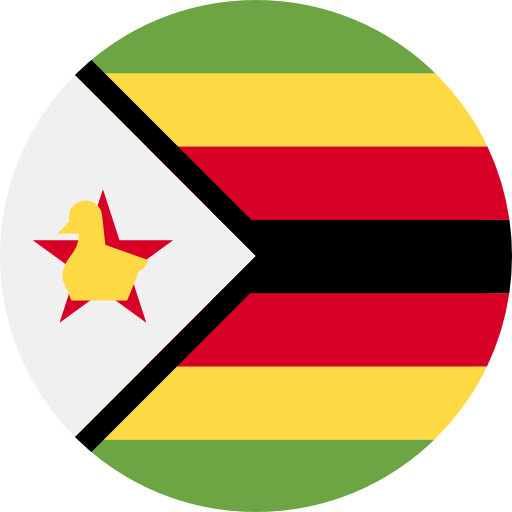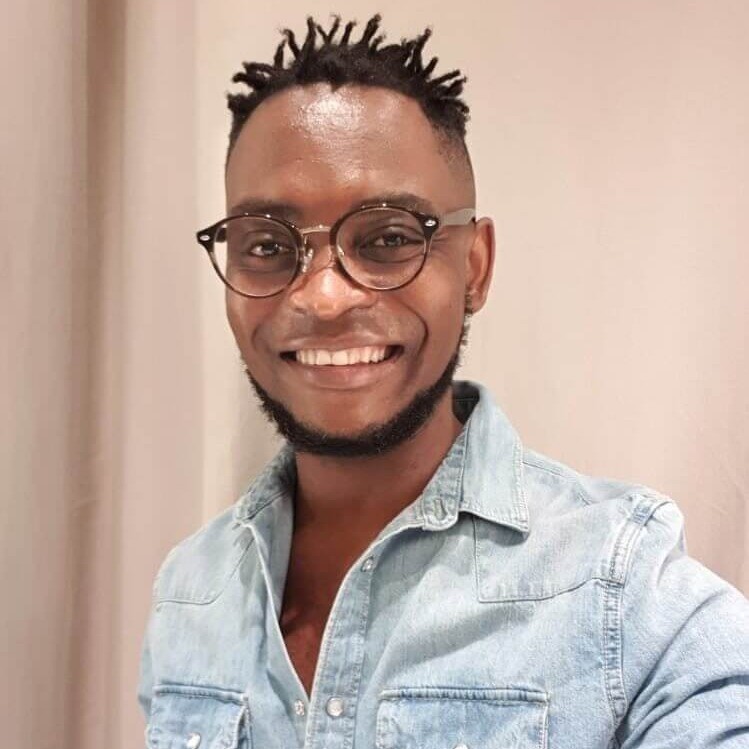What is your educational background?
I am a Marie Sklodowska Curie PhD fellow under the H2020- International Training Network, project title: Precision medicine for musculoskeletal regeneration, prosthetics, and active ageing (PREMUROSA).
I belong to the Neuro and skeletal circuits group (NESK) at the Institute of Biomedical Engineering- INEB/I3S at the University of Porto – Faculty of Engineering, Portugal.
I have a Master’s degree in Medical Biotechnologies from the University of Eastern Piedmont, Novara, Italy. My experimental work and thesis was in the laboratory of Molecular oncohematolgy under Prof Gianluca Gaidano MD PhD, where I studied the clinical significance and impact of recurrent genomic mutations in Chronic Lymphocytic Leukemia (CLL) DOI: 10.3324/haematol.2019.219550.
I did my undergraduate studies at the Midlands State University, Gweru, Zimbabwe where I obtained my BSc (Hons) Biological Sciences.
What is your current occupation?
I am an Early stage researcher in the EU funded MSC-ITN, H2020 PREMUROSA project based at INEB, Portugal.
What or who got you into STEM?
I do not know exactly when my passion for STEM arose. I recall just gravitating towards science and biology. I became more and more intrigued with biology and knew then that I had discovered my true passion.
It was mostly a naturally acquired interest. I am the first and only member of my family in this field of science and the first to go University. I am also the first to enroll into a doctoral program and I hope to inspire other family or close relatives into STEM.
What is the biggest challenge/barrier you have faced as an African in STEM?
Lack of representation. I have been in places where I was the only person that looks like me. Inadvertently, this causes an overwhelming sense of not belonging.
How do you think your background/upbringing has been beneficial in your journey/career?
My educational career was a steep climb but I managed to get into a doctoral program. This has produced a drive and hunger to go forward and not give up.
.
How do you think we can start to change the narrative surrounding African contributions
to global STEM research & careers?
I think we need to start talking about notable African professors and researchers who are in STEM. Hearing and seeing such persons in STEM help as motivation and visibility on Africa in STEM.
What advice would you like to give to young, aspiring Africans in STEM?
I strongly recommend STEM. This means tomorrow’s generation will be well represented. In Africa, there is vast opportunities in STEM, the opportunities can only be realized if the young step up and take up their place.





